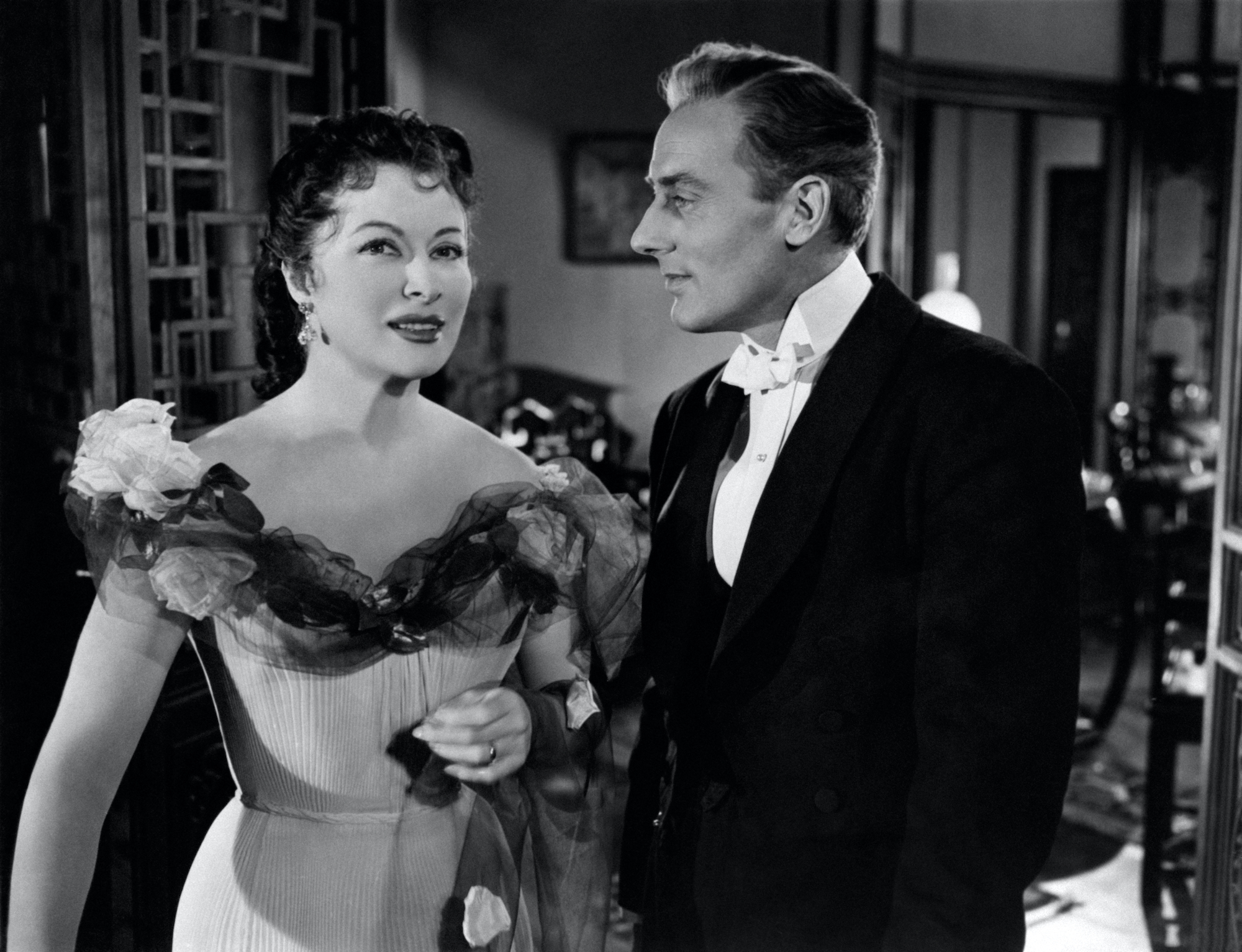You Can Thank Greer Garson, Who Gave the Longest Oscar Acceptance Speech Ever, for the 45-Second Time Limit
Every celebrity actor dreams of the day that they win a coveted Oscar. Even attending the glamorous Academy Awards ceremony is an honor, but everyone hopes to walk away with one of the golden statues.
To step off the stage, surrounded by raucous applause… or perhaps, to the sound of exit music.
While it’s always heartbreaking to see a winner’s big moment cut short, the 45-second time limit applied to acceptance speeches is crucial for keeping things moving. As it stands, the ceremonies typically last over three hours, even with some awards being presented during commercial breaks. But in the mid-20th century, fewer rules allowed for more verbose winners. The biggest culprit? Greer Garson.
Greer Garson had an illustrious acting career
The girl who would become Hollywood star Greer Garson was born Eileen. The young girl was born and raised in London, remaining there for her studies at the city’s university. According to Britannica, Garson always had a passion for acting, but her parents encouraged her to pursue a more practical career. As a result, before Garson could entertain crowds, she was entertaining the idea of becoming a teacher.
Her parents did get one thing right — Garson was a natural teacher… at least, on stage. She made her first acting debut in 1932 with the Birmingham Repertory Theatre. At the time, Garson was in her late-20s, an age that can often seem ancient to casting directors. In fact, Britannica notes that her first role was a middle-aged schoolteacher. Still, a late start didn’t stop this rising star. Just six years later, she signed a contract with MGM.
In many ways, Garson’s Oscar win seemed inevitable. As IMDb recalls, she received a best actress nomination for her very first American film. The following year, her portrayal of Elizabeth Bennet in Pride and Prejudice (1940) would place her among some of the most renowned actresses of the era.
If anyone had any doubts remaining about London’s golden girl, Garson went on to earn five Academy Award nominations over the next five years… but it was Mrs. Miniver that would secure her the win.
Garson had a lot to say about her 1942 Oscar award

The Academy Award Acceptance Speech Database documents one of the opening lines of Garson’s speech as follows: “Thank you. That is really all there is to say; but, as this is after all the opportunity of a lifetime, I hope you won’t mind if I try to expand that word just, just a little.”
And boy, did she. According to Newsday, the complete speech clocked in at five and a half minutes. This time earned her the Guinness World Record for longest acceptance speech — a title that she’s likely to hold on to thanks to the 45-second time limit now in place. The Belfast Telegraph actually largely attributes the implementation of the limit to Garson’s speech. Maybe that was all part of her plan to hold onto her title… if so, Garson certainly got the last word.
The Oscars weren’t made drama-free by the new rules
Of course, fans of the Academy Award need not fear. Despite new limitations on actors’ speeches, the awards nights are still always filled with unique acceptances. In 1978, Jane Fonda accompanied her speech with sign language. This simple act sought to make the Academy more inclusion to the deaf and disabled community, after the producers refused to add closed captioning to the program.
Rami Malek also floored audiences — and himself — by falling offstage after accepting his Oscar for Best Actor. The internet is full of best Oscar moments, so we could easily go on… but our “wrap it up” music is playing.


